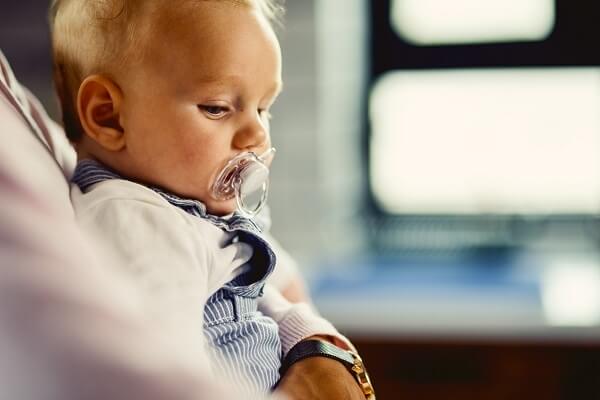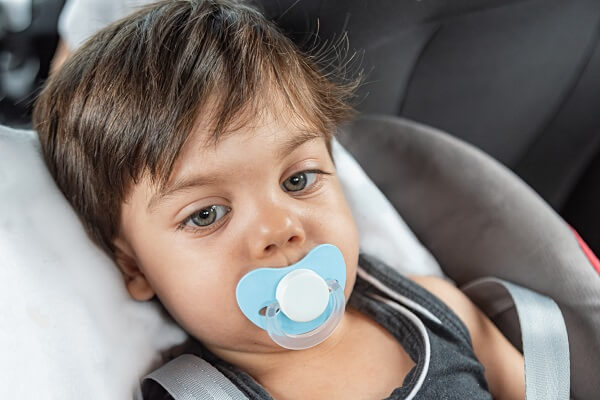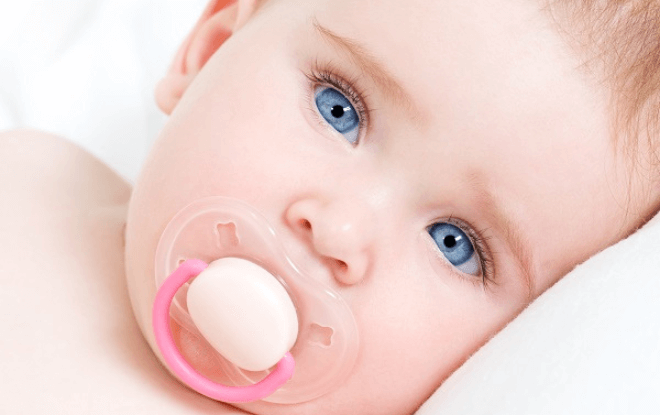When and How to Stop Pacifier Use: Tips and Tricks for Parents
As a parent, pacifiers can be a lifesaver in soothing a fussy baby. However, there comes a time when you need to consider weaning your child off the pacifier. Pacifiers can affect speech and tooth development, and prolonged use can lead to dependence and difficulty in stopping. In this article, we will discuss when and how to stop pacifier use and offer tips and tricks for parents.
Why and When to Stop Pacifier Use
Pacifiers are often used to calm and soothe babies, but prolonged use can lead to negative consequences. One of the primary concerns is speech development. Babies need to develop the muscles in their mouth and tongue to form sounds and words properly. Prolonged pacifier use can affect this development, leading to speech delays or difficulty forming certain sounds.
Another concern is dental development. Sucking on a pacifier can lead to changes in the shape of a child's mouth and jaw, leading to orthodontic issues later on. Prolonged pacifier use can also affect the alignment of teeth and cause bite problems.
So, when should you stop pacifier use? The American Academy of Pediatrics recommends weaning children off pacifiers between 6 and 12 months of age to avoid the negative consequences of prolonged use.

How to Stop Pacifier Use
Stopping pacifier use can be a difficult process, but there are strategies you can use to make it easier. Here are some tips and tricks for parents:
1. Start Early
The earlier you start the weaning process, the easier it will be for your child to adjust. Try to wean your child off the pacifier by 6 months of age, and definitely before 12 months of age.
2. Gradual Reduction
Instead of taking the pacifier away all at once, try reducing the use gradually. Start by limiting the pacifier to certain times of the day, such as naptime and bedtime. Then, slowly reduce the time your child uses the pacifier until it is no longer needed.
3. Substitute with Other Comforts
Provide other forms of comfort to your child to help ease the transition. Soft blankets, stuffed animals, or music can provide comfort and security in place of the pacifier.
4. Cold Turkey
If gradual reduction doesn't work, consider going cold turkey. Take away the pacifier completely and offer lots of love and reassurance to your child. It may be a difficult few days, but most children adjust within a week or two.
5. Positive Reinforcement
Offer praise and rewards for good behavior during the weaning process. This can help motivate your child to give up the pacifier and make the process easier for everyone.
Conclusion
Pacifiers can be a helpful tool in soothing a fussy baby, but prolonged use can lead to negative consequences. It's important to know when and how to stop pacifier use to avoid these issues. Starting early and using gradual reduction, substitution, cold turkey, and positive reinforcement can all be effective strategies for weaning your child off the pacifier.

FAQs
- Can pacifiers affect breastfeeding?
Yes, prolonged pacifier use can affect breastfeeding. It's important to establish breastfeeding before introducing pacifiers to avoid nipple confusion.
- Can pacifiers cause tooth decay?
Yes, prolonged pacifier use can cause tooth decay. It's important to clean pacifiers regularly and avoid coating them in sugary substances.
- How do I know when my child is ready to stop using a pacifier?
If your child is over 12 months of age and still using a pacifier, it's time to start the weaning process.
- What if my child refuses to give up the pacifier?
It's important to be patient and consistent. Offer other forms of comfort and reassurance, and stick to the weaning plan. Your child may protest at first, but with time and patience, they will adjust to life without the pacifier.
- Are there any risks to stopping pacifier use too early?
Stopping pacifier use too early can cause unnecessary stress and anxiety for both you and your child. It's important to follow the recommended guidelines and wean your child off the pacifier gradually between 6 and 12 months of age to avoid any negative consequences.
In conclusion, pacifiers can be a helpful tool for soothing babies, but prolonged use can lead to negative consequences for speech and dental development. It's important for parents to know when and how to stop pacifier use and use effective strategies to make the weaning process easier for everyone involved. By starting early and using gradual reduction, substitution, cold turkey, and positive reinforcement, parents can successfully wean their child off the pacifier and promote healthy development.


